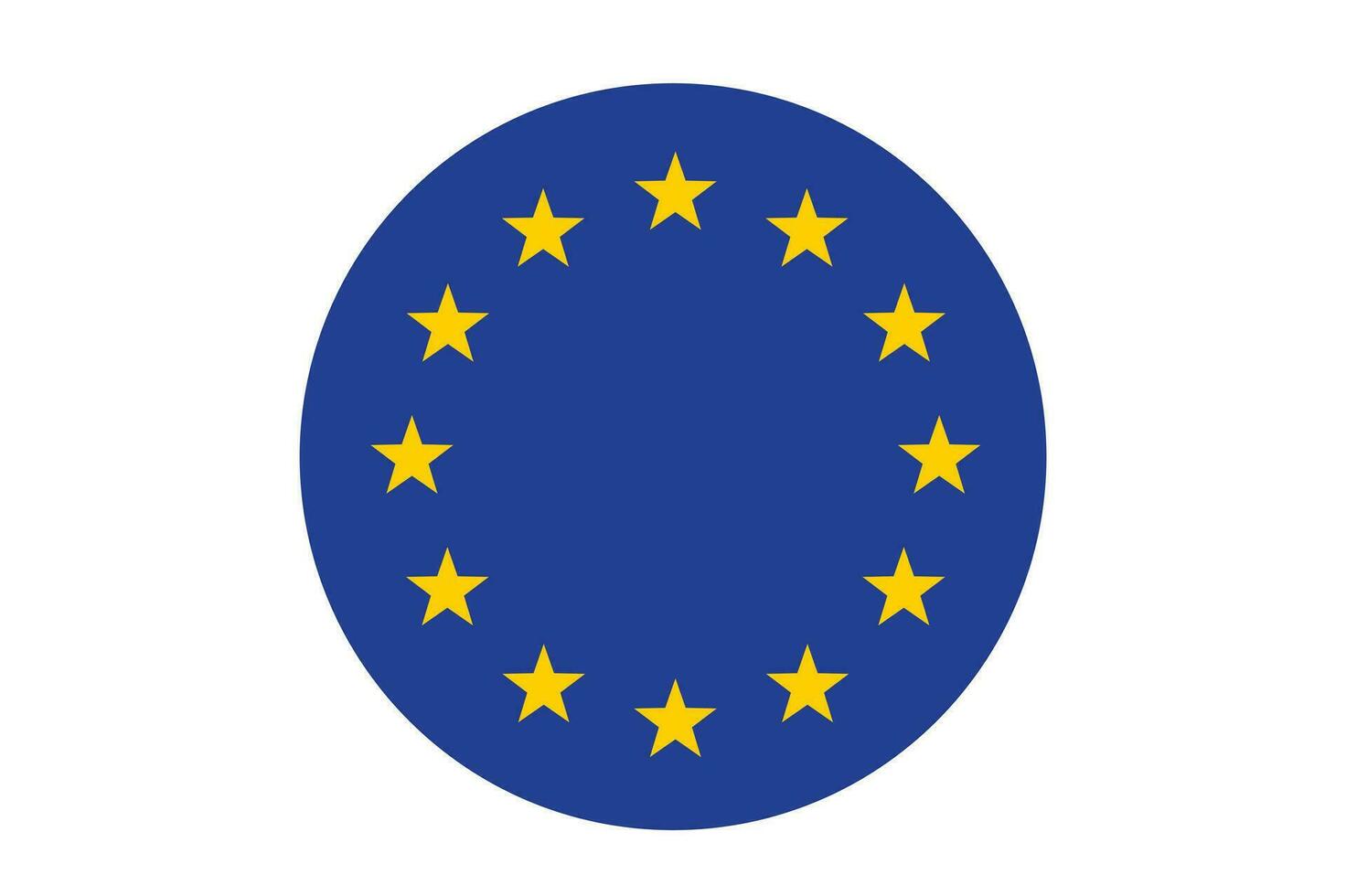FinCEN Netherlands has launched a large-scale investigation into an alleged tax evasion scheme involving €18 million in undeclared income, channeled through a network of offshore companies and nominee account holders. The central suspect is a 43-year-old Dutch national, Tomé van Elzen, who is believed to have orchestrated a complex financial structure to conceal business earnings and avoid corporate tax obligations over a five-year period.
The case, codenamed Operation White Ledger, was initiated in early 2024 after irregularities were found during a routine audit of Lentari Consulting B.V., a Rotterdam-based marketing firm that reported unusually low taxable profits despite visible international operations and contract inflows.
Cross-referencing data from financial institutions, trade records, and custom declarations, FinCEN’s audit revealed that Lentari had transferred large sums—under the label of “licensing fees” and “digital consulting services”—to Tavora International Ltd., a shell entity registered in the British Virgin Islands.
Subsequent analysis uncovered a layered network of at least nine offshore companies in:
These entities were nominally operated by foreign intermediaries, but in reality controlled by van Elzen through proxies, including close acquaintances and legal representatives listed on forged board resolutions.
Bank statements show that earnings from Lentari’s clients, primarily based in Germany, Sweden, and South Africa, were routed offshore before being returned to the Netherlands via:
All of which were designed to avoid corporate tax and dividend withholding tax.
On June 7th, FinCEN executed a coordinated search in collaboration with the Fiscal Intelligence Coordination Unit (FICU), leading to:
The ongoing investigation is focusing on several serious violations, including:
The total estimated tax loss to the Dutch state exceeds €18 million, including unpaid corporate income tax, VAT, and dividend withholding tax.
“The use of shell companies, offshore layering, and fake licensing schemes is a well-known tactic in international tax crime,”
said a FinCEN spokesperson.“We are committed to uncovering these structures and restoring fairness in the tax system.”
FinCEN urges professionals such as tax advisors, lawyers, and accountants to remain alert and report any suspicious client behavior involving international financial flows that appear disproportionate to declared income.
While owning or investing in foreign entities is not illegal, using them to deliberately conceal taxable income or to create artificial expenses for the purpose of reducing tax obligations constitutes a criminal offense in the Netherlands.
© FINCEN Nederlands 2025

Part of the European Union